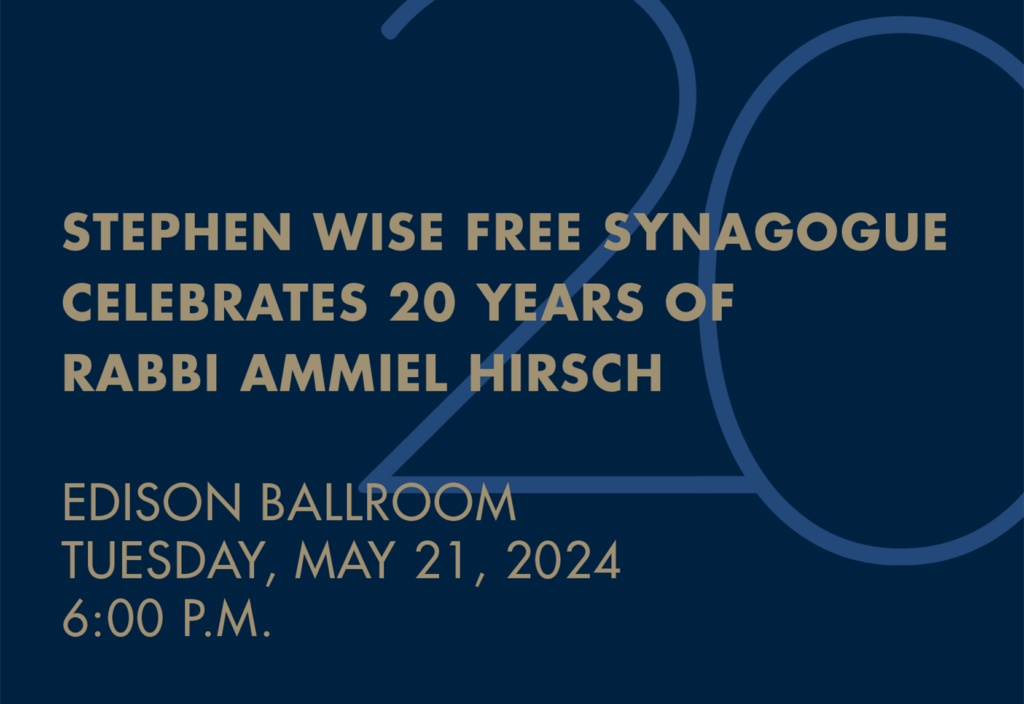On Yom Kippur, Rabbi Shira Gluck discussed Parashat Nitzavim, in which Moses called up the Israelites to be “fully present” to affirm their covenant with God. “Nitzavim calls to each one of us to assume our place in the assembly of Israel. As your newest rabbi, I am here to help each of you find your place.”
With new political outrage, scandals, lies, and shootings every day, it’s understandable that some of us might suffer from moral fatigue, Rabbi Ammiel Hirsch said on the eve of Yom Kippur. “The more sensitive we are, the greater the frustration. But there is only one response in Judaism: To fight back.
On Shabbat Shuva, Rabbi Rena Rifkin asked: What makes you who you are? And who gets to decide? “The importance of knowing oneself and being true to oneself is not something that our tradition stays silent about. Claiming our identity, knowing ourselves and declaring it to the world is our constant struggle.”
In his Rosh Hashanah sermon, Rabbi Ammiel Hirsch spoke about antisemitism from both sides of the aisle, slamming the right for excusing hate speech and the left for hypocrisy on Israel, and criticizing the Reform movement for its complacency.
Before we are born, we contain the knowledge of everything in the world,” says Rabbi Samantha Natov this Erev Rosh Hashanah. “Life, then, is a process of remembering. The best we can do is to strive to bring holiness into this dance of life as we heed the ancient call home. Let’s take these High Holy Days to remember who we once were and who we want to be.
Rabbi Samantha Natov reminds us of our collective responsibility laid out in the Torah to take care of our planet for future generations. “We are visitors who inherit what is given us for a short time and then we pass it on. And, as such, we are called to be responsible wardens of the earth, which belongs to God.”


